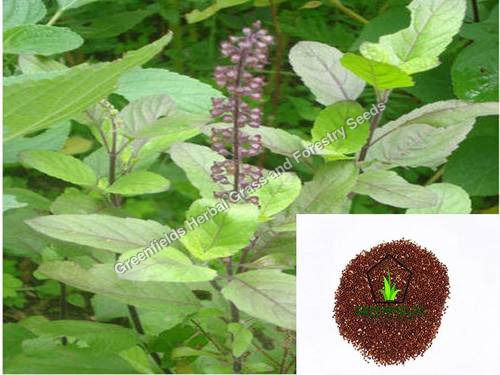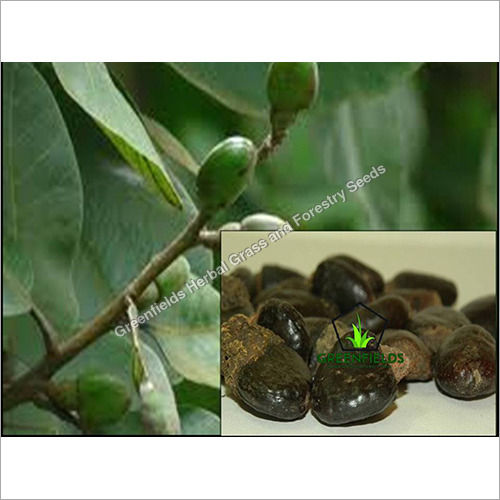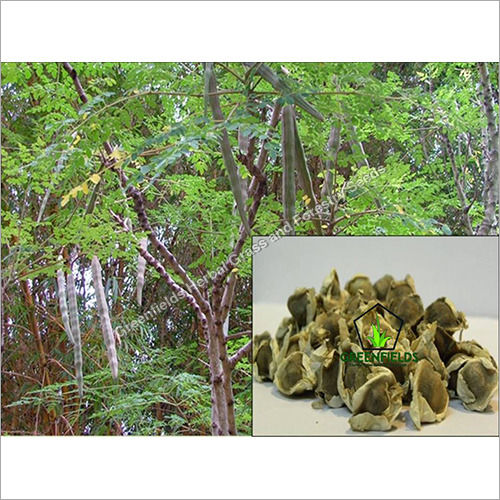
Tulsi seeds ( Ocimum tenuiflorum )
Product Details:
Tulsi seeds ( Ocimum tenuiflorum ) Price And Quantity
- 650 INR/Kilograms
- 5 Kilograms
Tulsi seeds ( Ocimum tenuiflorum ) Trade Information
- 500 Kilograms Per Month
- 1 Week
Product Description
Scientific Name:- Ocimum tenuiflorum
Shape:- oval
Size:- minute
Color: dark brown
Usage: Germination (not for oil extraction)
Age: -Fresh(less than a year, good for germination)
Origin: India
Packing: -5, 10, 20, 50
Availability: Throughout the year
Tulsi or Tulasi (Ocimum tenuiflorum) or Holy basil is a sacred plant in Hindu belief. Hindus regard it as an earthly manifestation of the goddess Tulsi, a consort of the god Vishnu. The offering of its leaves is mandatory in ritualistic worship of Vishnu and his forms like Krishna and Vithoba.
Many Hindus have tulsi plants growing in front of or near their home, often in special pots or special small masonry structures. Traditionally, Tulsi is planted in the center of the central courtyard of Hindu houses.
The plant is cultivated for religious and medicinal purposes, and for its essential oil. It is widely known across the Indian Subcontinent as a medicinal plant and a herbal tea, commonly used in Ayurveda.
Plant Description
Tulsi flowers
Tulsi belongs in the basil genus in the family Lamiaceae. It is an aromatic plant which is native throughout the Eastern World tropics and widespread as a cultivated plant and an escaped weed. The plant is an erect, much branched subshrub, 3060 cm tall with hairy stems and simple, opposite, green leaves that are strongly scented. Leaves have petioles, and are ovate, up to 5 cm long, usually slightly toothed. The flowers are purplish in elongate racemes in close whorls. The two main morphotypes cultivated in India and Nepal are green-leaved and purple-leaved.
Ayurveda
Tulsi has been used for thousands of years in Ayurveda for its diverse healing properties. It is mentioned in the Charaka Samhita, an ancient Ayurvedic text. Tulsi is considered to be an adaptogen, balancing different processes in the body, and helpful for adapting to stress. Marked by its strong aroma and astringent taste, it is regarded in Ayurveda as a kind of "elixir of life" and believed to promote longevity. It is an elixir for cough; the leaves when chewed after meals acts as a digestive, and when taken before and after cold water bath controls temperature in the stomach and prevents cold. If sprinkled over cooked food in stored water, tulsi leaves prevent bacterial growth.

 English
English Spanish
Spanish French
French German
German Italian
Italian Chinese (Simplified)
Chinese (Simplified) Japanese
Japanese Korean
Korean Arabic
Arabic Portuguese
Portuguese







